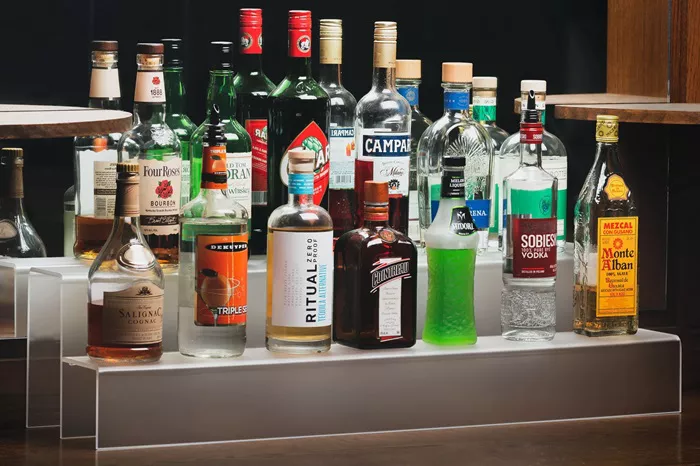Spirits enthusiasts are raising their glasses as the Hong Kong government slashes liquor taxes by 90 percent for alcohol with an import price exceeding HK$200. The move aims to foster growth among businesses engaged in the high-end liquor trade.
Chief Executive John Lee announced the tax cut yesterday, noting that his administration had drawn inspiration from the successful wine trade, which flourished after the elimination of wine duties in 2008. However, Lee emphasized that the government’s intention is not to promote increased alcohol consumption.
“Starting today, for liquor with an import price above HK$200, the duty rate on the portion exceeding that threshold will be reduced from 100 percent to 10 percent,” said Lee. “For liquor priced at or below HK$200, the duty rate remains unchanged.”
According to government sources, this tax revision strikes a balance between public health concerns and revenue management, as the majority of liquor products, priced under HK$200, will not be affected by the reduction. Around 85 percent of liquor on the market falls under this price point, meaning prices for most products will stay the same, limiting any potential incentive for increased alcohol consumption.
The liquor tax currently generates about HK$700 million in annual revenue for the government. With the new arrangement, this figure is expected to drop by approximately HK$200 million.
Lee highlighted the success of the 2008 wine duty exemption, which spurred the establishment of 350 new wine-related companies within a year and created more than 1,000 jobs. “The industry saw a 35 percent sales increase during the two-year duty-free period, and Hong Kong became the third-largest wine auction center globally,” he noted.
By 2023, the import and entrepot value of wine in Hong Kong had risen by 375 percent compared to 2007, though the volume of wine imported had only grown by 33 percent. This, Lee argued, demonstrates the city’s potential in high-value liquor trading.
Despite the government’s reassurances, Lee’s comments follow opposition from the medical community. A group of 130 health professionals, including former health secretary Sophia Chan Siu-chee and medical sector lawmaker David Lam Tzit-yuen, signed a petition urging the government to reconsider the tax cut.
The petition, issued early yesterday, warned against encouraging increased alcohol consumption, citing concerns over the public health impact. The signatories emphasized that there is no safe level of alcohol consumption, and the tax cut could exacerbate pressures on the healthcare system. From 2007 to 2022, more than 2,000 people were hospitalized annually in Hong Kong due to alcohol-related illnesses.
The Hong Kong General Chamber of Wine and Spirits, along with other trade associations, has called for further tax reductions on lower-priced liquor. They have proposed a 20 to 30 percent duty reduction for products priced under HK$200, with a 10 percent duty levied only on the portion exceeding HK$201.
Ben Leung Lap-yan, charter president of the Licensed Bar and Club Association of Hong Kong, welcomed the policy as a way to boost the city’s competitiveness in the global liquor market. However, Leung cautioned that it may take time before the bar industry fully benefits from the new tax structure.
The debate over the tax cut continues as businesses and public health advocates await its broader impact on the city’s liquor market.
You Might Be Interested In:


